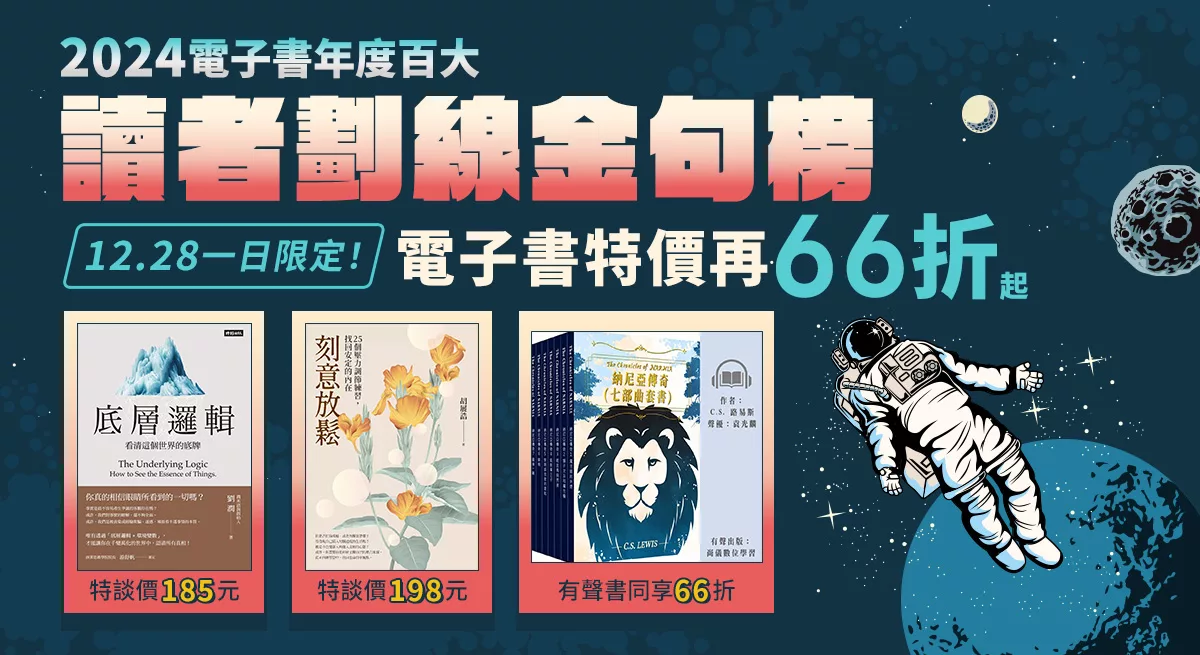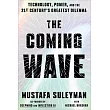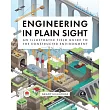Ghulam Yasin is an Academic Researcher at the Institute for Advanced Study, College of Physics and Optoelectronic Engineering, Shenzhen University, Shenzhen, Guangdong, China. Dr. Yasin has published over 150 scientific contributions in the form of Research Articles, Reviews, Book Chapters, and Editorials in various areas of Science & Engineering. He has more than 4200 citations and an h-index of 36. He is the Editor of over 20 books in the Micro & Nano Technologies Series, Elsevier, and Emerging Materials & Technologies Series, CRC Press Engineering. Dr. Yasin has ranked among the world’s top 2% scientists (by Elsevier BV, and Stanford University, USA). He is also serving as an Assessor for the Australian Research Council (ARC), Canberra, Australia, since January 2022. Dr. Yasin has been honoured with many awards and accolades, most recently receiving the Research Fund for International Scientists (FRIS) from the National Natural Science Foundation of China (NSFC). Dr. Yasin is serving as Associate Editor, Section Editor, Guest Editor, and editorial board member for several international journals. Dr. Yasin’s expertise covers the design and development of hybrid devices/technologies of carbon nanostructures and advanced nanomaterials for energy-related and various functional applications for real-world impact.
Tuan Anh Nguyen, PhD is the senior principal research scientist at the Institute for Tropical Technology, Vietnam Academy of Science and Technology, Vietnam. His research activities include smart sensors, smart networks, smart hospitals, smart cities and advanced nanomaterials. He edited over 55 Elsevier, 10 CRC Press and 1 Springer books. He is Editor-In-Chief of "Kenkyu Journal of Nanotechnology & Nanoscience".
Amit Kumar Tyagi is working as Assistant Professor, at National Institute of Fashion Technology, New Delhi, India. Previously he has worked as Assistant Professor (Senior Grade 2), and Senior Researcher at Vellore Institute of Technology (VIT), Chennai Campus, Tamil Nadu, India from 2019 -2022. He earned his Ph.D. Degree in 2018 from Pondicherry Central University, Puducherry, India. He was an Assistant Professor and Head- Research, Lingaya’s Vidyapeeth (formerly known as Lingaya’s University), Faridabad, Haryana, India from 2018 - 2019. His supervision experience includes more than 10 Masters’ dissertations and one PhD thesis. He has contributed to several projects such as "AARIN" and "P3- Block" to address some of the open issues related to the privacy breaches in Vehicular Applications (such as Parking) and Medical Cyber Physical Systems (MCPS). He has published over 190 papers in refereed high impact journals, conferences and books, and some of his articles awarded best paper awards. Also, he has filed more than 25 patents (Nationally and Internationally) in the area of Deep Learning, Internet of Things, Cyber Physical Systems and Computer Vision. He has edited more than 25 books and has also authored 4 Books on Intelligent Transportation Systems, Vehicular Ad-hoc Network, Machine learning and Internet of Things. He is a Winner of Faculty Research Award for the Year of 2020, 2021 and 2022 (consecutive three years) given by Vellore Institute of Technology, Chennai, India. Recently, he has been awarded the best paper award for a paper titled "A Novel Feature Extractor Based on the Modified Approach of Histogram of Oriented Gradient", in ICCSA 2020, Italy (Europe). His current research focuses on Next Generation Machine Based Communications, Blockchain Technology, Smart and Secure Computing and Privacy. He is a regular member of the ACM, IEEE, MIRLabs, Ramanujan Mathematical Society, Cryptology Research Society, and Universal Scientific Education and Research Network, CSI and ISTE.



 天天爆殺
天天爆殺  今日66折
今日66折 




























 博客來
博客來 博客來
博客來 博客來
博客來 博客來
博客來 博客來
博客來